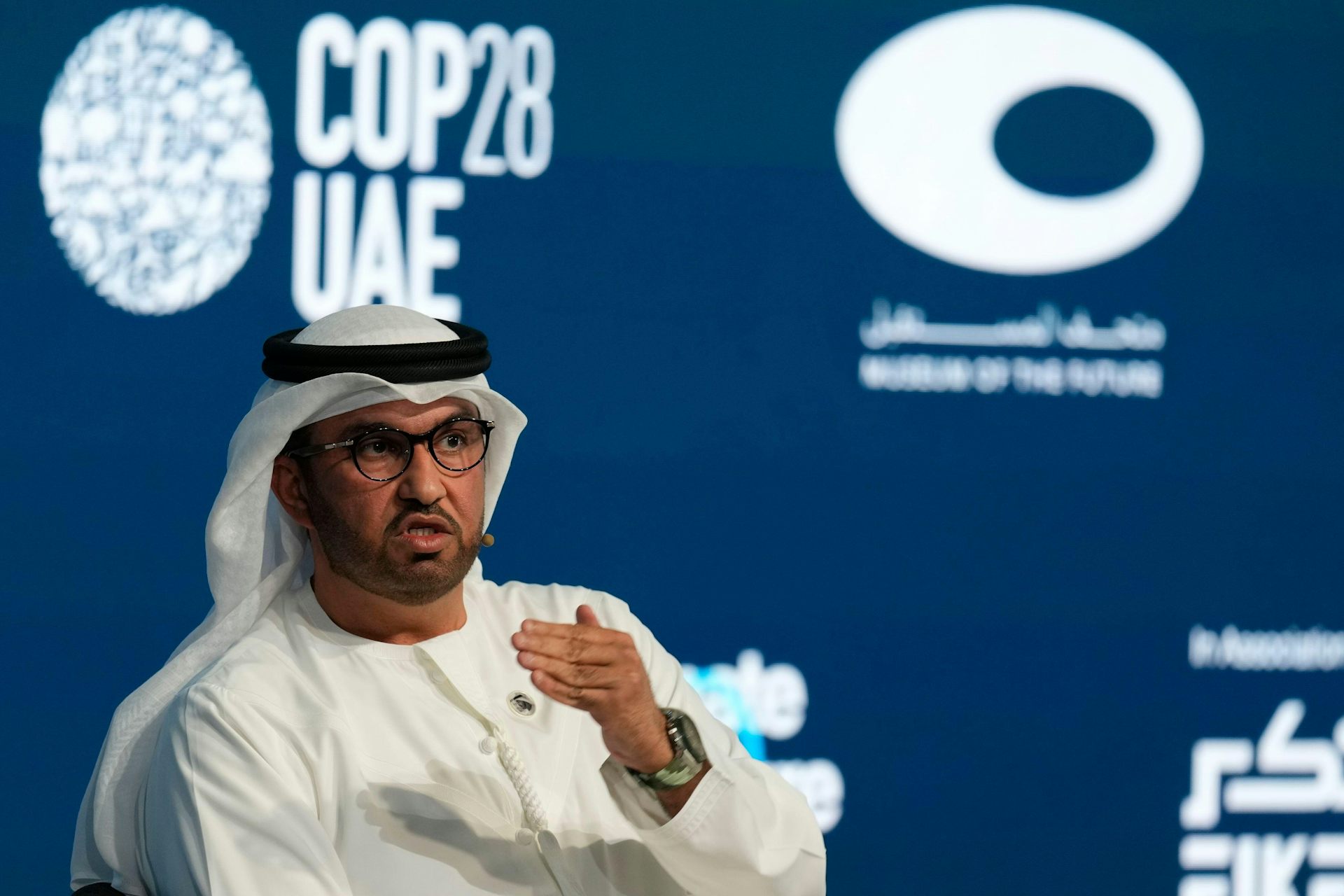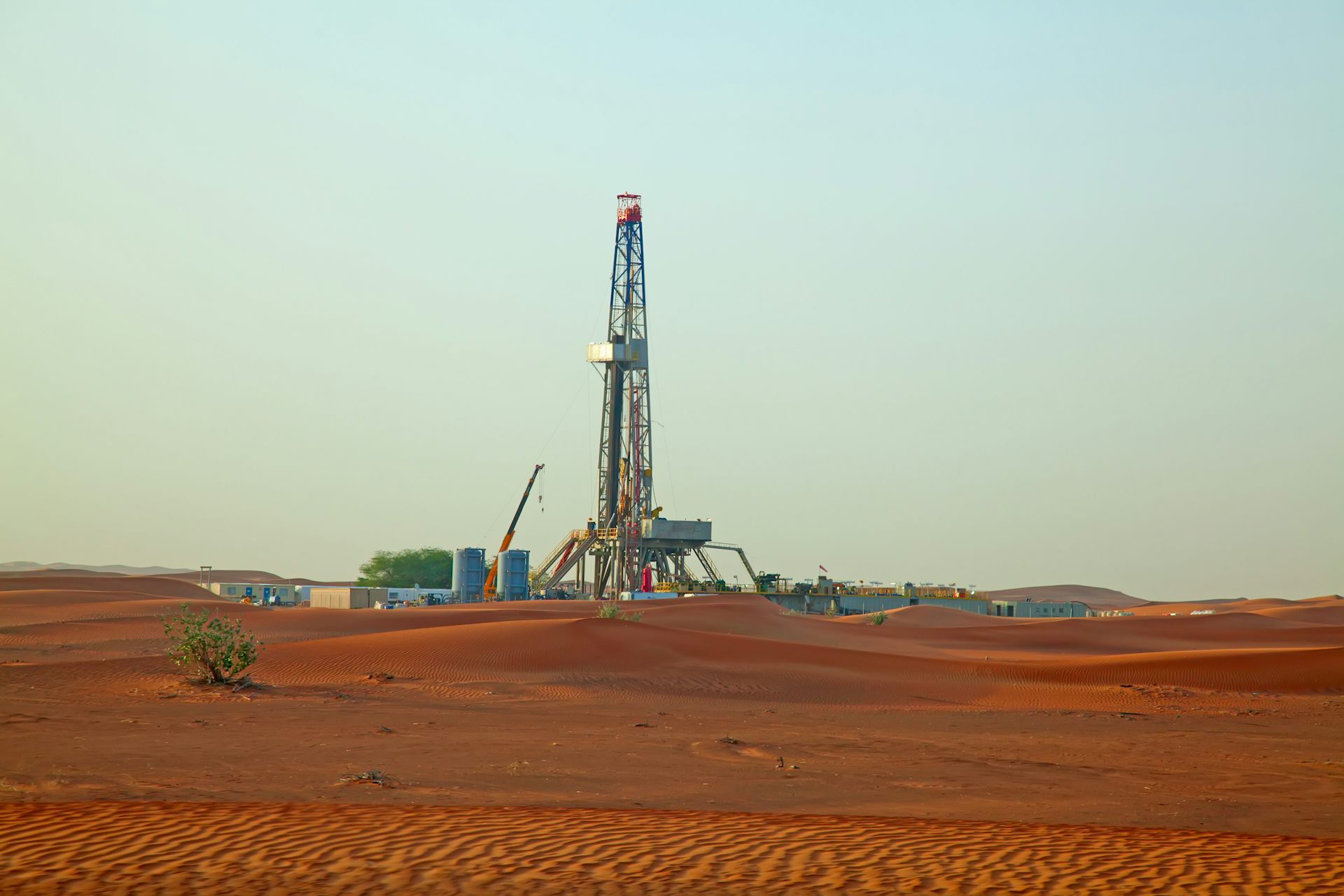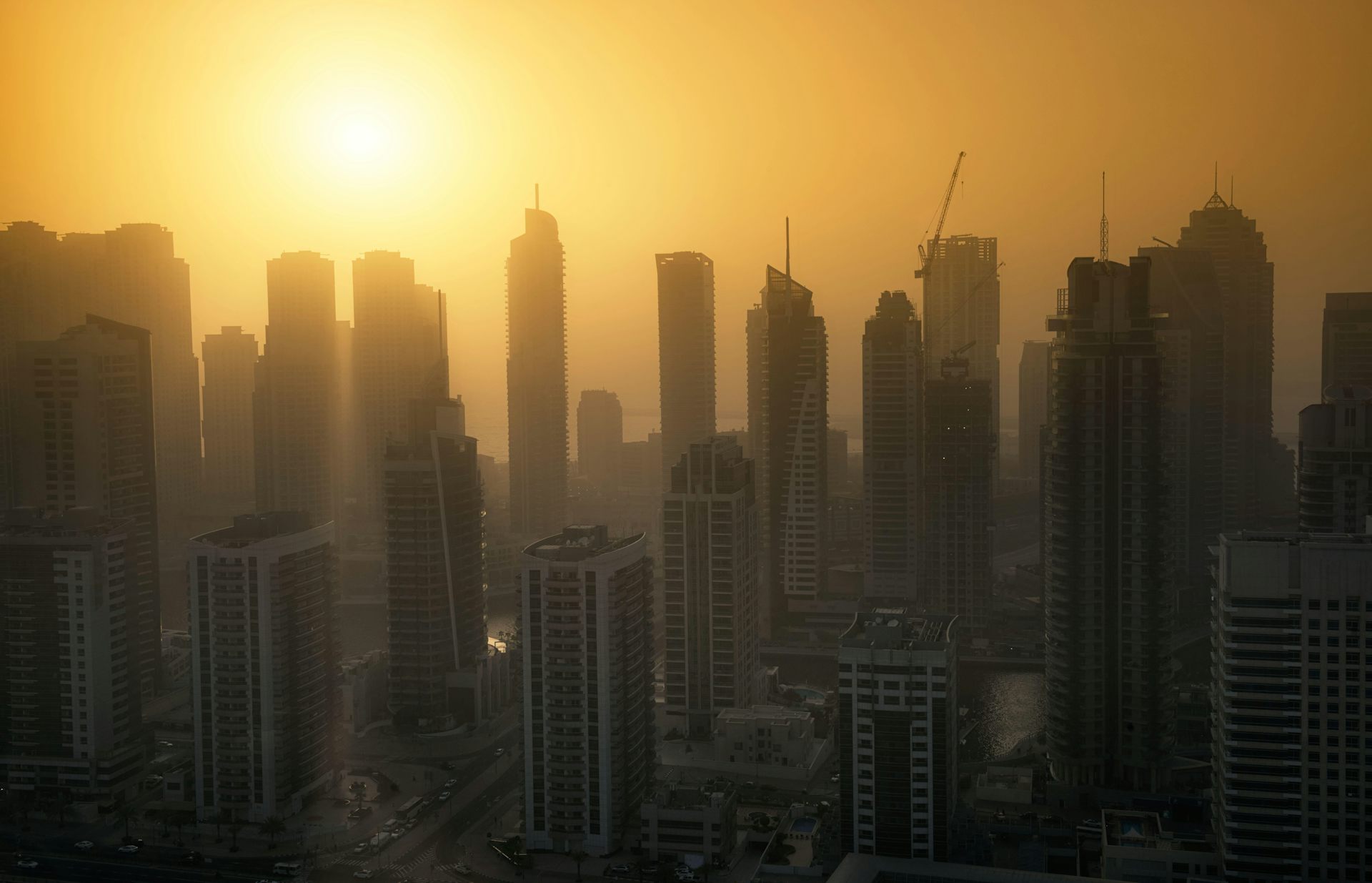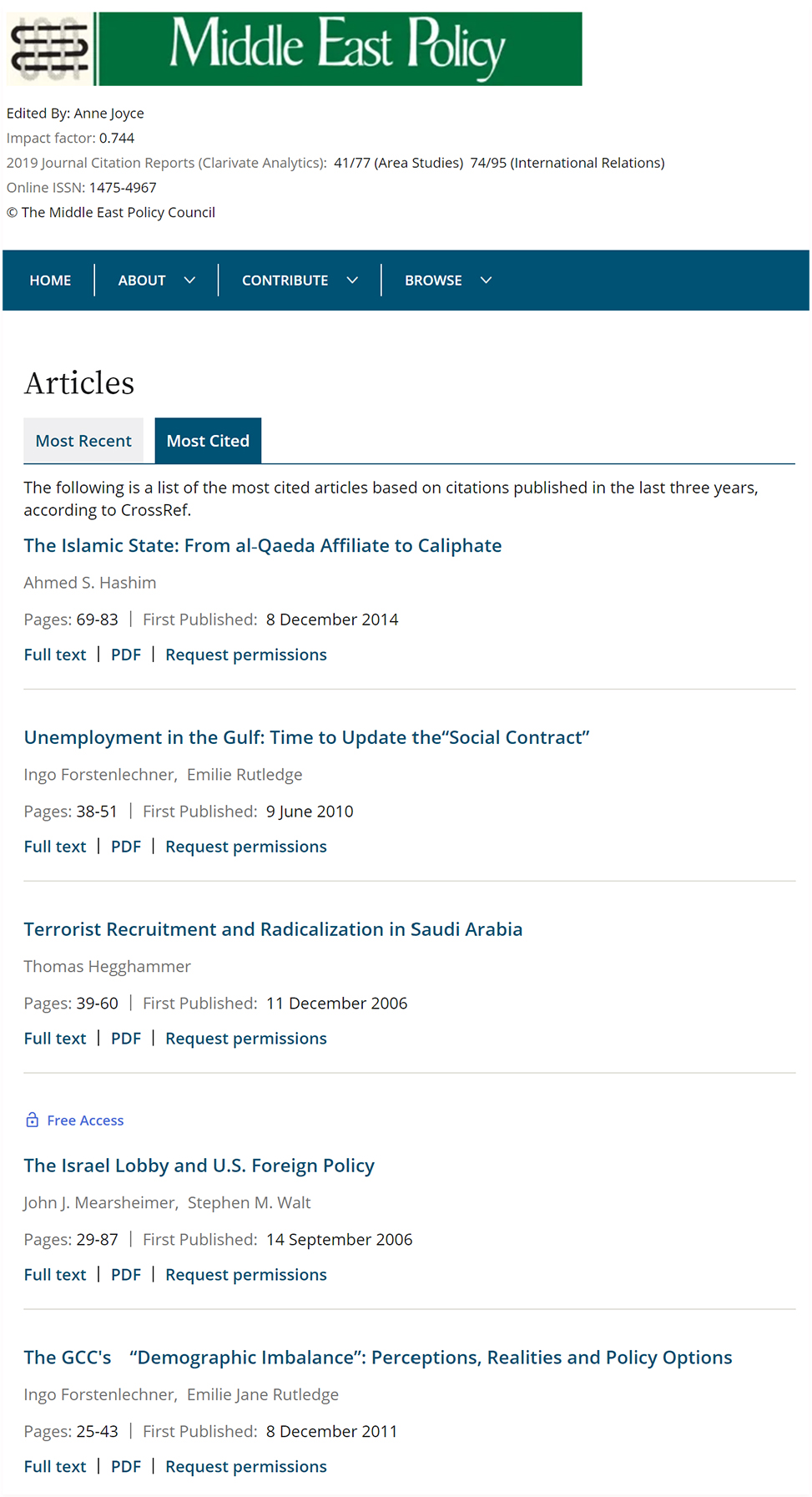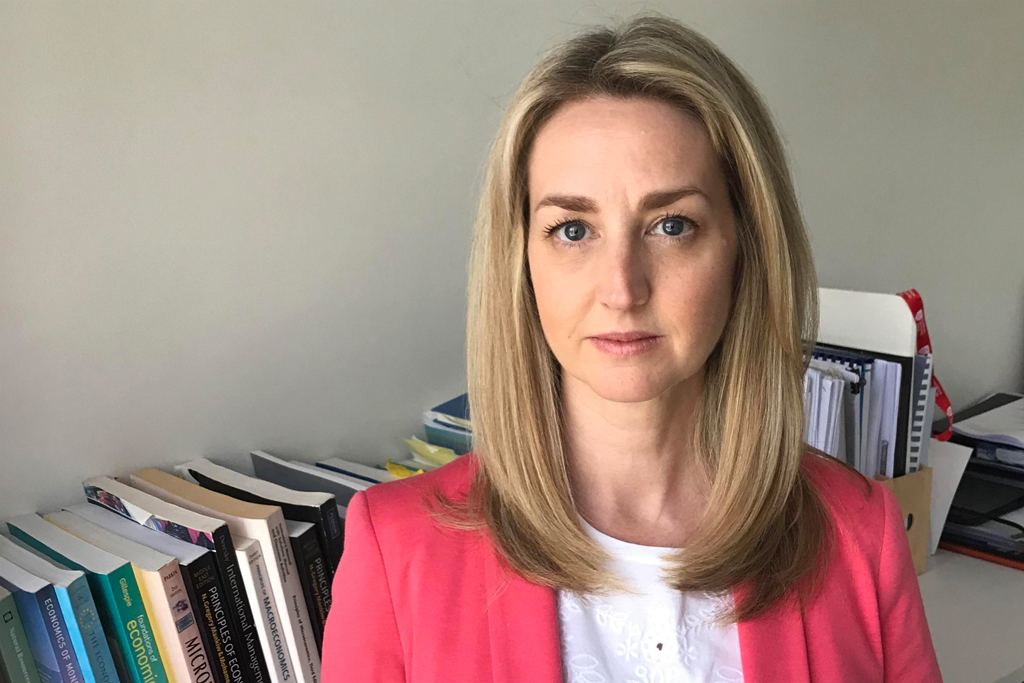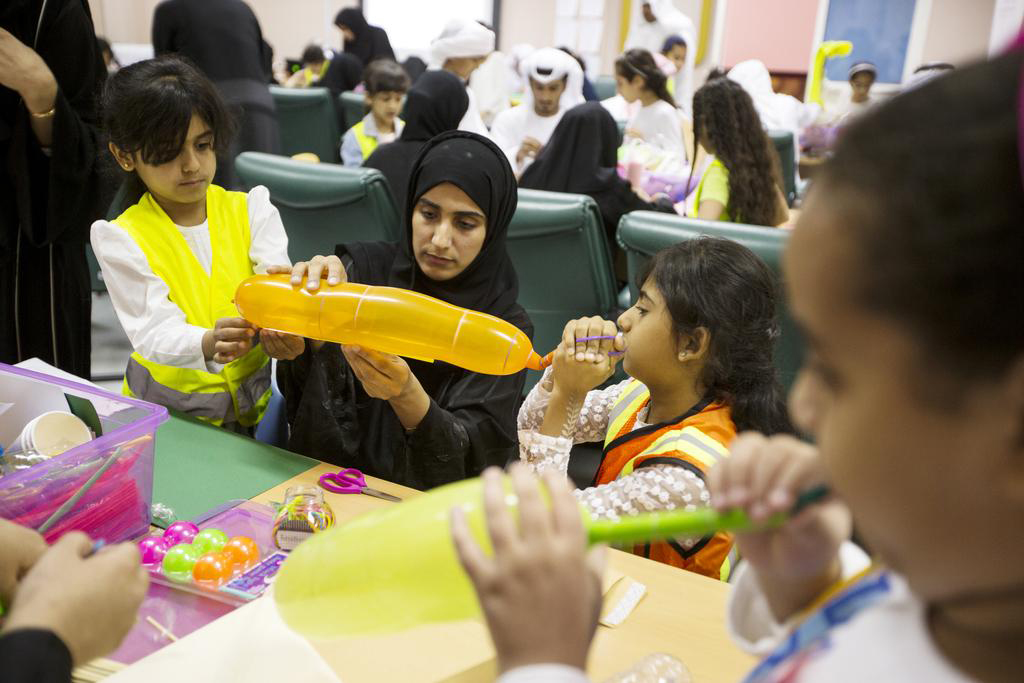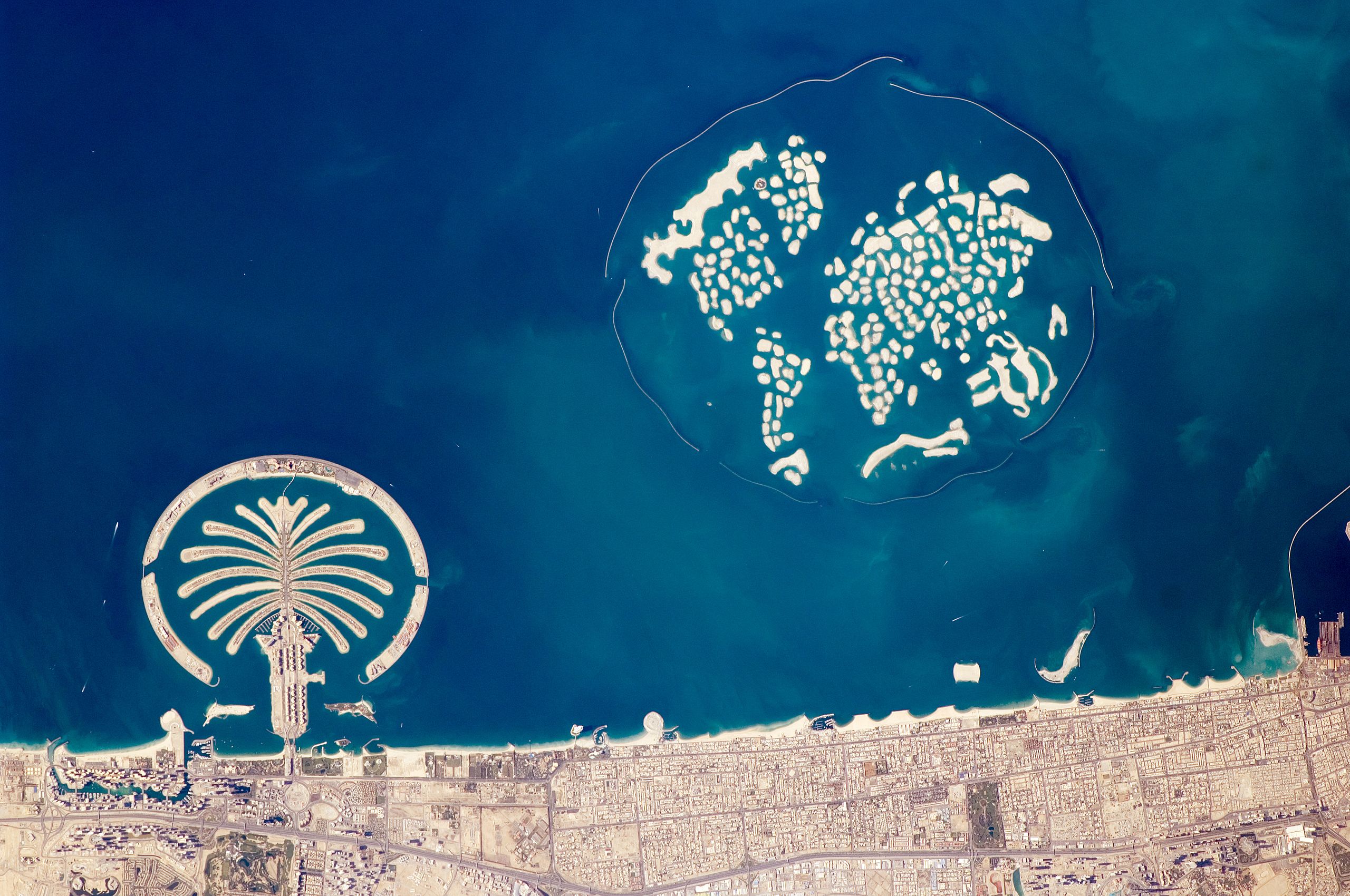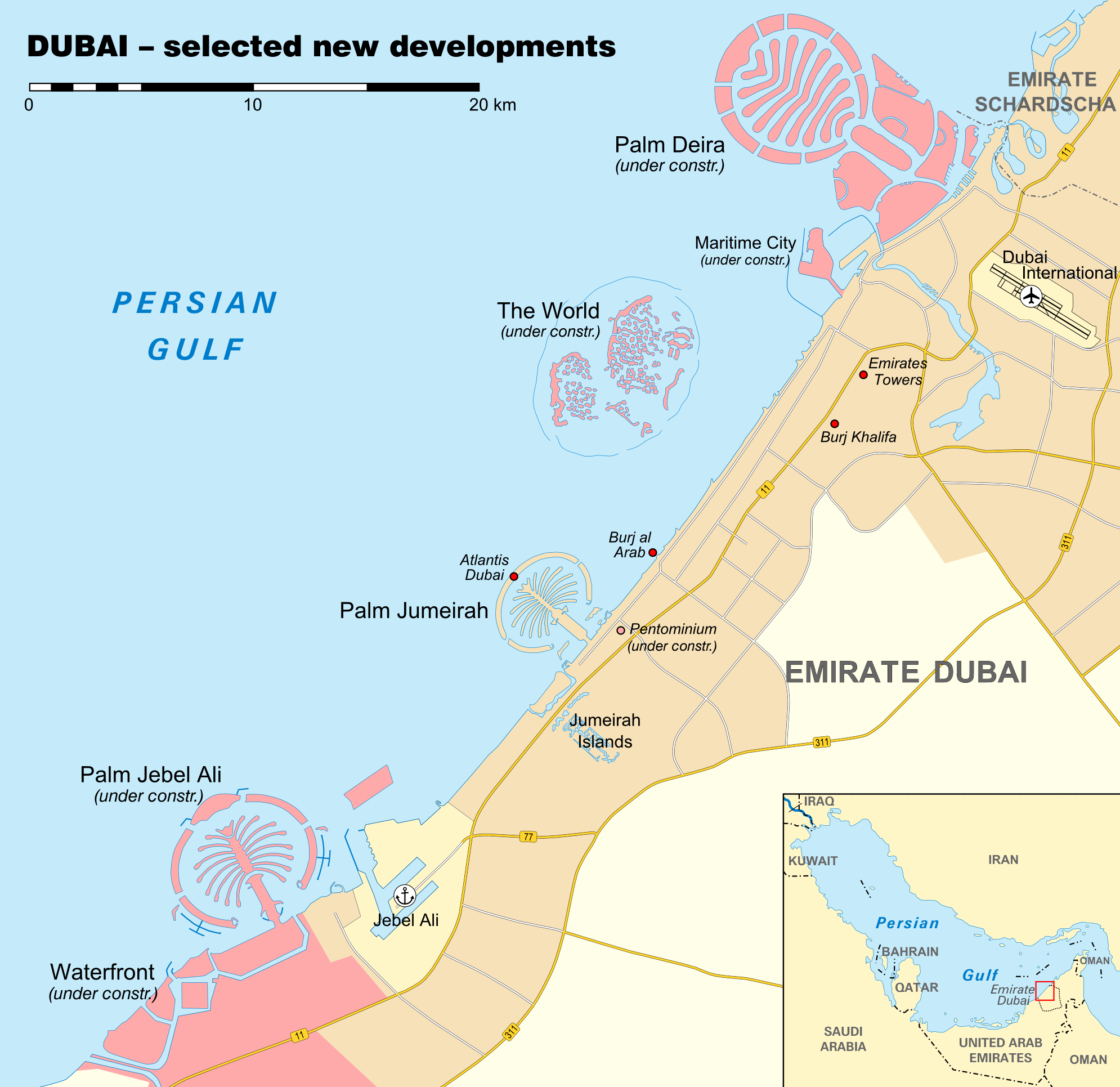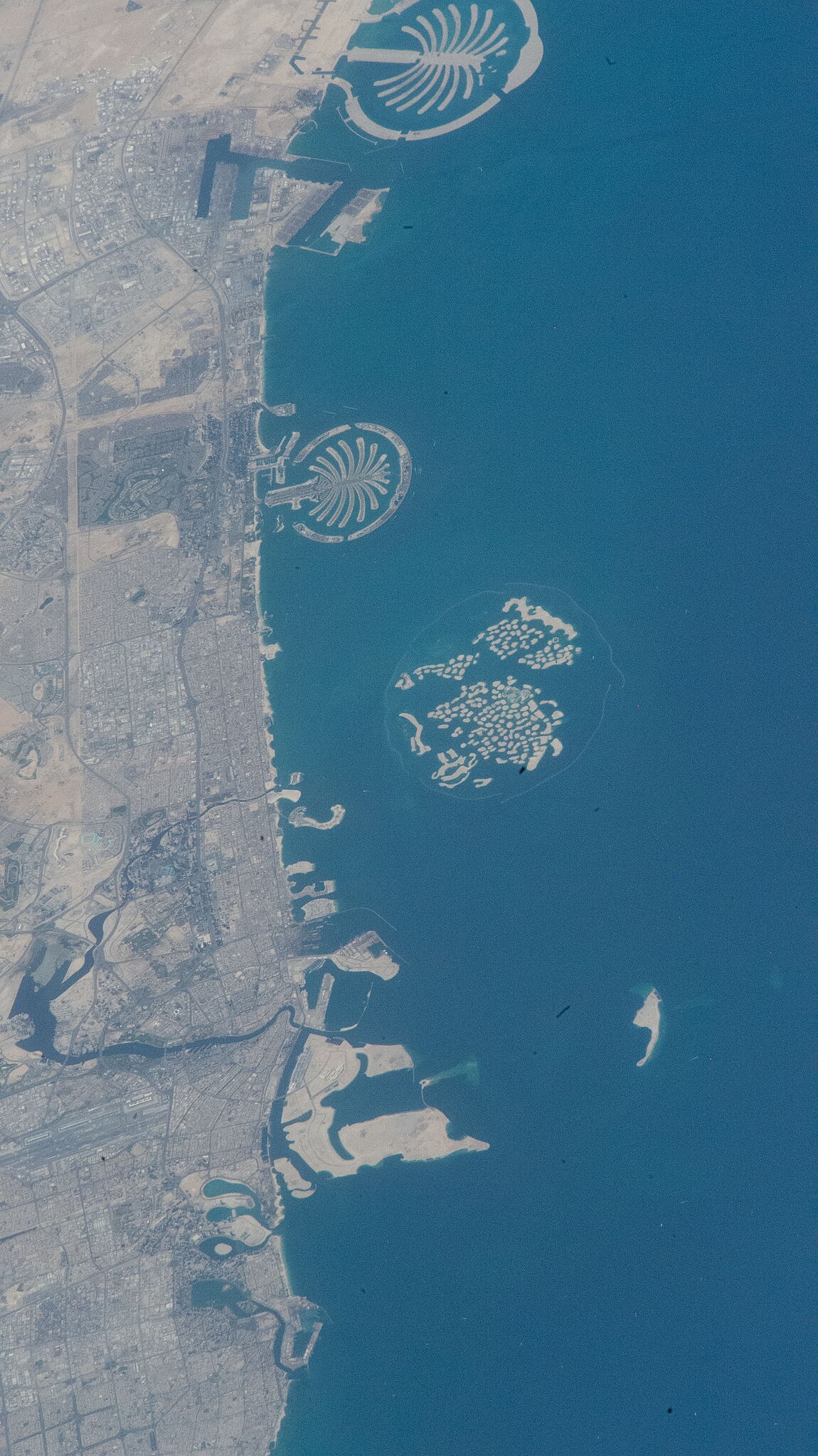This is a recent article on the subject of Emirati women and the labour market
Parents play critical role in Emirati women’s career choices, UAE study shows

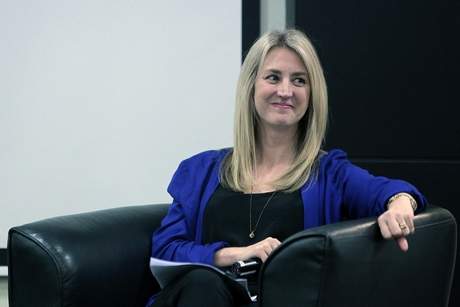
Dr Emilie Rutledge, associate professor of Economics at UAE University, at the lecture on Parental Influence on Female Vocational in the Arabian Gulf at Mohammed bin Rashid School of Government. Jeffrey E Biteng / The National.
The research team was led by Dr Emilie Rutledge, associate professor of economics at UAE University, who presented their findings to academics at the Mohammed bin Rashid School of Government (MBRSG) on Tuesday.
“Parental influence has a significant role on a given female’s likelihood of seeking to enter the labour market post-graduation,” she said. “Parental support reduces what women perceive as cultural barriers to employment.”
Sixty-eight per cent of the women said their parents influenced their decisions about careers, and 80 per cent said they preferred to work in the public sector.
Forty-six per cent said they felt it was the Government’s responsibility to find them work in the public sector.
Working in education, the civil service and police were deemed the most culturally “acceptable” careers for an Emirati woman, although areas such as advertising, marketing and pharmaceuticals were deemed more “attractive”.
“However, if parents are engaged in the vocational decision-making process, the female is more likely to consider exploring opportunities in the private sector,” Dr Rutledge said.
For Emiratisation to be successful, there must be more emphasis on these other fields rather than banking, human resources and finance, which the women did not consider interesting or attractive, Dr Rutledge said.
“Being in a gender-segregated environment was not as important to the girls as the salary or the job being interesting was, even if society or parents as a whole object to this,” she said.
Dr Rutledge cited holiday time and maternity leave as important, both of which were more attractive in the public than private sectors.
Ensuring the women return to the workplace through flexible working times and better maternity benefits was vital.
“A lot of females leave the workplace when they have a family because of the poor provisions, so they simply don’t go back and in turn, they lose their skills,” she said.
A father’s level of education was key in determining how his daughters would be guided. Fathers with degrees are more likely to support and encourage women to seek employment.
“Private-sector career paths are more attractive if the parent already works in the private sector,” Dr Rutledge said.
“This is of importance as there is merit to incentivising more Emirati males into higher education for the long-term participation of Emirati women in the labour market.”
Women graduate at a 3 to 1 ratio from UAE federal universities.
Dr Maryam Salem Al Marashad has been a long-standing academic at UAE University since she graduated with the first batch of students in 1977.
She left her post as dean of students two years ago but is still active in academia. She said a husband’s influence could not be underestimated.
“We see many girls at UAEU get married in their third year, so by the time they are going to the labour market, it is not only the family but their husband – she is stuck with an answer from her husband that she can or cannot work here or there.”
Geography will also sway a woman’s choices, she said.
“In Fujairah when I go to my bank, the whole first row is full of Emirati women who are supporting their families and are interested to work,” she said. “In Abu Dhabi or Dubai where there are many more opportunities, they can afford to be more picky.”
MBRSG’s head of gender and public policy, Ghalia Gargani, said more research was needed for the long-term participation of Emirati women in the job market.
Only 9 per cent of the labour force is Emirati, a fifth of them women.
“We need to think of ways to have policies for both men and women to balance their work and life and the responsibilities that come with their culture here,” she said. “It’s very relevant to research we’re doing here on the family unit.”


